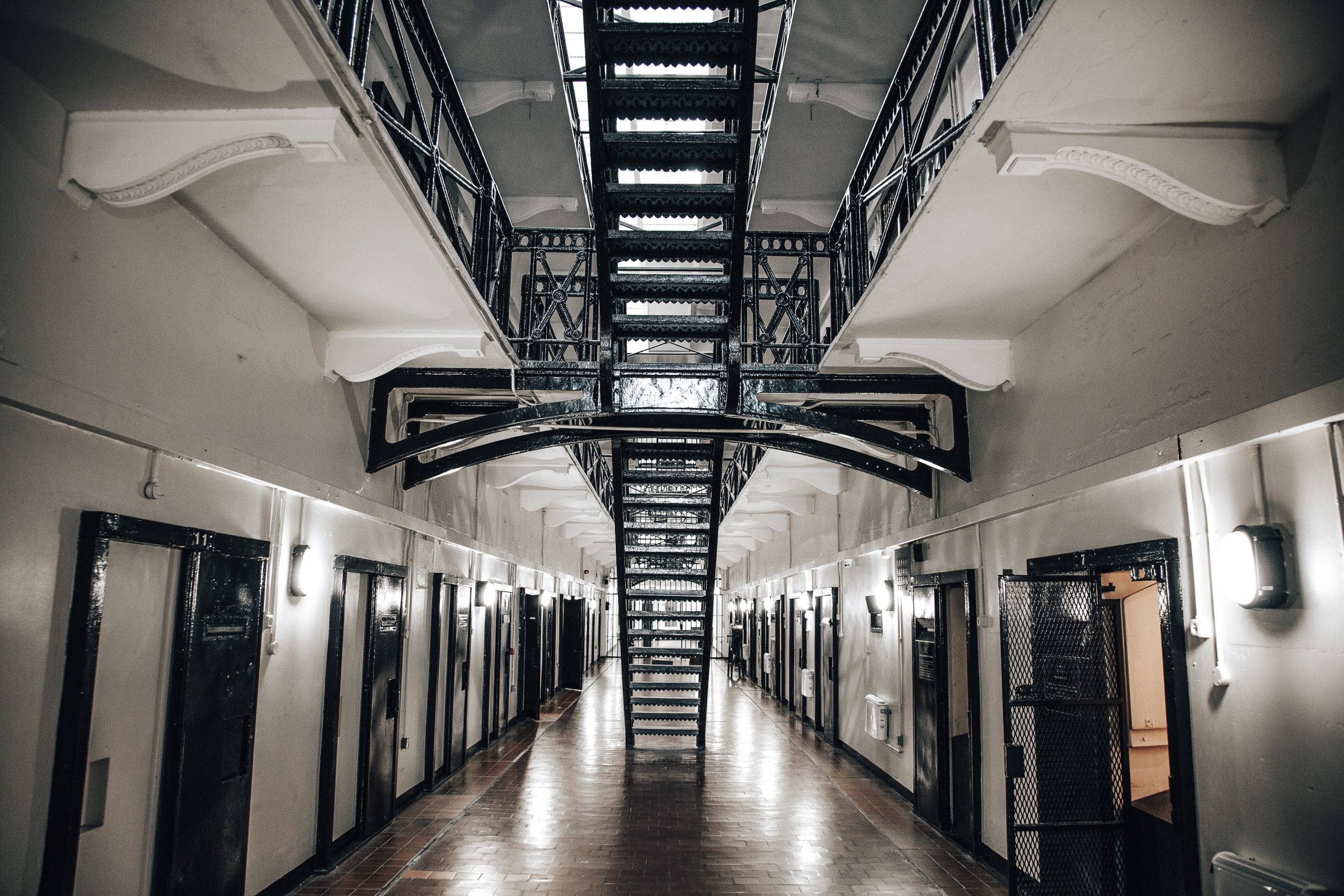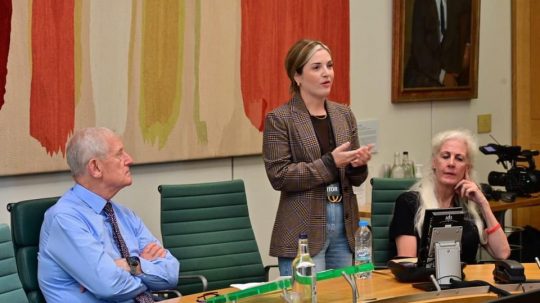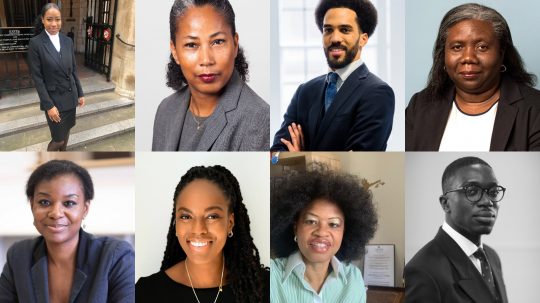Prisoners sentenced under draconian guidance are serving sentences which were abolished in 2012 when the European Court of Human Rights (ECHR) found them to be “fundamentally unjust” and “unlawful”. A total of 1,661 offenders sentenced under Imprisonment for Public Protection (IPP) continue to serve prolonged or unjust sentences. Now, the Justice Committee is calling for those prisoners to be re-sentenced. Some prisoners have served ten years on top of their minimum sentence, which could be found to breach their right to liberty.
IPP sentencing was introduced in 2005 as an indeterminate sentence targeted at serious offenders who, although they were thought to pose an ongoing risk to public safety, did not merit a life sentence.
For an offender to be charged under an IPP sentence they could have committed any of 95 different offences which range from robbery to manslaughter. The number of prisoners who have been in jail for over a decade beyond their original tariff stands at 608, including 188 who were originally imprisoned for two years or less.
The right to liberty
IPP sentences ended up being passed 8,711 times, including on thousands of people who committed much ‘less serious offences’, according to the Justice Committee. It was abolished by the European Court of Human Rights for being “fundamentally unjust” in 2012.
IPP was abolished in 2012, yet those sentenced before this date have remained under its terms. It consists of two parts: a period of imprisonment, described as a tariff, imposed as a punishment for an offence; and an indefinite period, during which the prisoner may apply for supervised release.
The Justice Committee stated:
“At the time of launching our inquiry there were over 3000 people still serving IPP sentences in prison, with over 1700 having never been released. 96% of unreleased IPP prisoners are ‘post-tariff’ (they have served longer than their minimum required sentence length); 570 prisoners have been held in prison for over 10 years longer than the tariff they were given.”
The Justice Committee’s report calls for all prisoners currently serving IPP sentences to be re-sentenced, with an independent panel appointed to help. The committee has also called for the time period after which prisoners licences can be terminated following their release to be halved, from ten years to five.
The chair of the Justice Committee, Sir Bob Neill, said:
“IPP sentences were abolished a decade ago but little has been done to deal with the long-term consequences on those subject to them. They are currently being failed in a prison system that has left them behind, with inadequate support for the specific challenges caused by the very way they have been convicted and sentenced. Successive secretaries of state have accepted that change needs to happen but little has been done. The decision must be made once and for all to end the legacy of IPP sentences and come up with a solution that is proportionate to offenders while protecting the public.”
The PCSC changed the law in 2022
In April 2022, the the Police, Crime, Sentencing and Courts Act 2022 (PCSC) received royal assent, making it law in the UK. The PCSC changed how IPP prisoners applied for parole. The Act requires the secretary of state to automatically refer eligible IPP offenders to the Parole Board, removing the need for the offender to give permission for a referral to be made.
The Parole Board must be satisfied that the prisoner is safe to release – a high bar in practice. Some of these tariffs were remarkably short yet the public safety test for release remains in place. The individual must be subject to supervision for at least ten years, and possibly for life, following release from prison.
‘I have no life, no freedom, no future’
However, even release is accompanied by gnawing anxiety and concern about possible recall to prison for non-compliance. One prisoner stated:
“So long as I’m under IPP I have no life, no freedom, no future. I fear IPP will force me to commit suicide. I have lost all trust and hope in this justice system.”
The IPP sentence imposes an indeterminate timescale, which is known to be psychologically difficult to cope with. The negative impacts of prolonged uncertainty are manifest in helplessness and a loss of hope, which affect mental health and wellbeing. Not knowing when they can resume their lives creates additional stress, compounding the distress felt by prisoners’ families.
The campaigning group UNGRIPP (United Group for Reform of IPP) says of their aim:
“The IPP sentence should be abolished retrospectively, and every IPP should be re-sentenced according to the seriousness of their crime. Whilst it continues to exist, the license portion of the IPP sentence should be reformed to make it fit for purpose. Every IPP should receive a full package of support, that reflects the damage caused by the sentence.”
Sir Bob Neil echoed their point, stating that prisoners must receive help for rehabilitation. He said:
“There must also be adequate support systems put in place to ensure prisoners are prepared for their release and given the right support to reintegrate into the community. We do not underestimate the complexity of this undertaking, but after a decade of inertia the status quo cannot be allowed to continue.”





